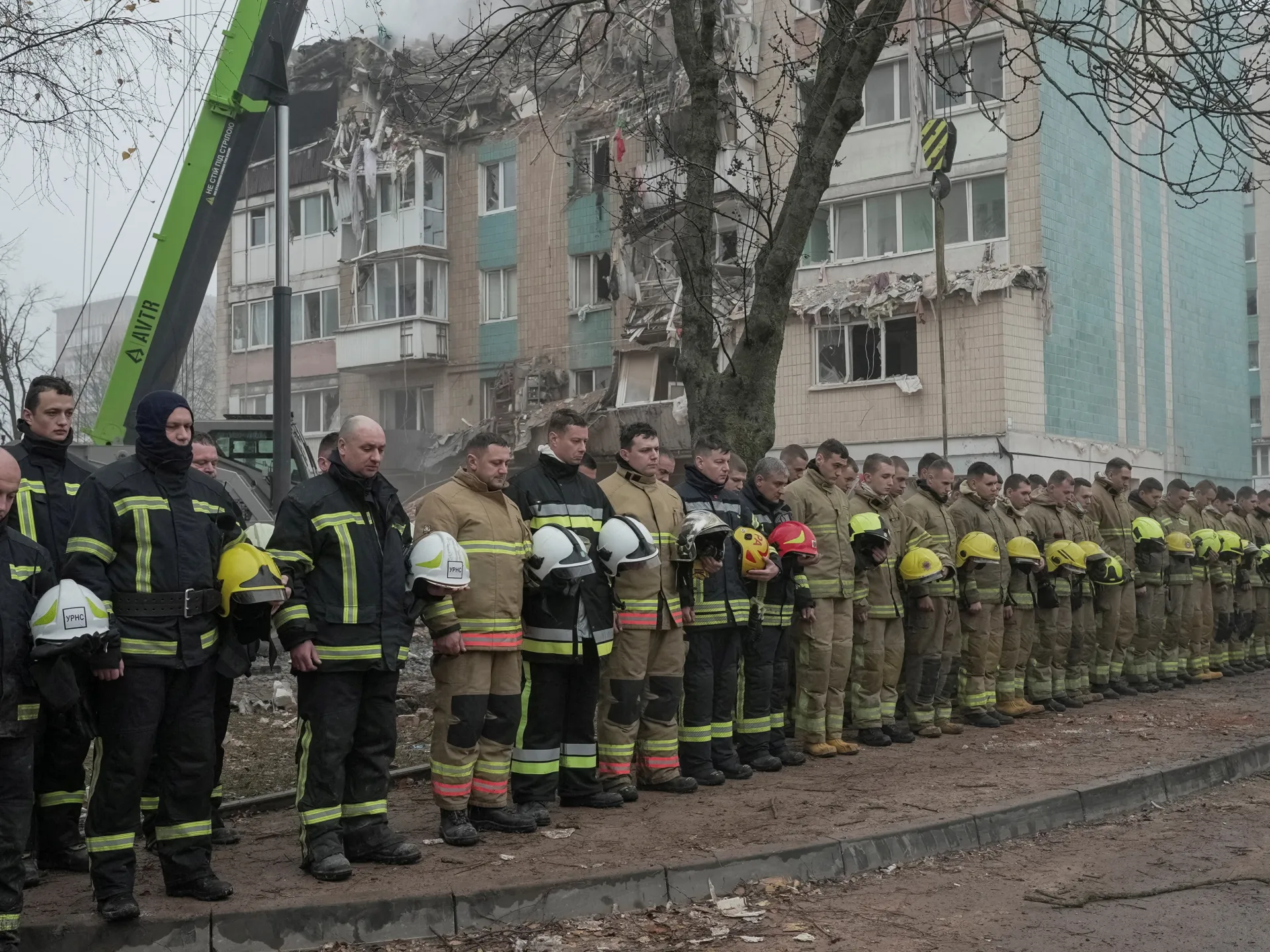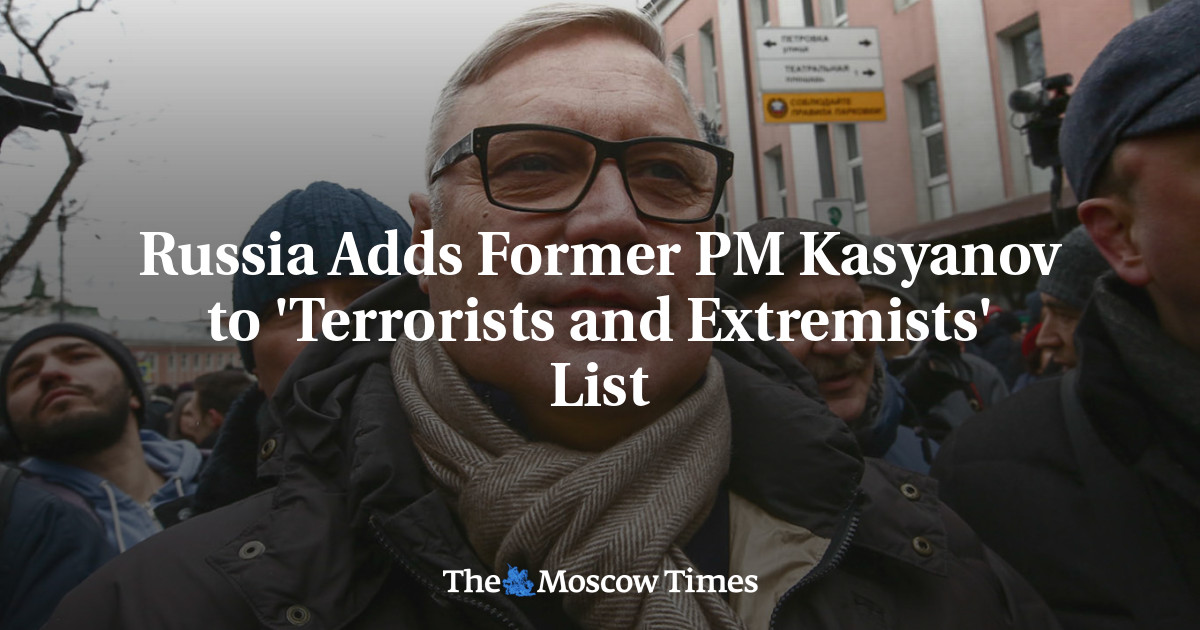
Lukoil’s difficulty in disposing of its foreign assets has captured global headlines, but it is far from the only sign that sanctions are causing more and more problems in the Russian economy. The issues are evident in several other places as well.
- Lukoil asked the US Treasury Department to defer the ban on transactions with it, due to come into force on Nov. 21. The Treasury responded on Friday evening by extending the authorization for transactions with Lukoil’s foreign assets until December 13. The Russian company needs time to try to find new buyers for its overseas assets following the collapse of its deal with Gunvor. There are bidders. Lukoil said Friday it was in talks with several possible suitors after Reuters reported Thursday that Carlyle Group was interested. The Financial Times described a serious crisis within the company after the imposition of sanctions and hinted at a possible takeover by Russian competitors.
- Following India’s lead, China has significantly reduced its purchases of Russian oil this month, replacing it with crude from Saudi Arabia.
- Argus reports that the discount on Russian Urals oil in Primorsk and Novorossiysk is up to $19.40 a barrel compared with Brent. Just a week ago the discount was around $13-14, and before last month’s sanctions on Rosneft and Lukoil it was $11-12.
- In December, Russia’s finance ministry will issue government eurobonds in Chinese yuan for the first time. The size of the placement is not yet known. There has been talk of issuing bonds in yuan for almost a decade and discussions intensified after the invasion of Ukraine. The bonds will be placed on the Moscow Exchange, which is under sanctions, so they cannot be purchased by either Western or Chinese investors. Russia is trying to construct a financial bridge with Beijing to allow access, but so far talks have yielded little. The idea is instead to help Russian exporters who have accumulated yuan, currently being held in Russian accounts, where interest rates are falling.
- Russia halted a three-year effort to expand production for its home-grown Baikal-M microprocessor in the Kaliningrad region due to a shortage of crystals. Setting up a production line would demand at least 1,000 microchips a month, but the initial plan yielded just a few dozen. Back in August the manufacturer announced it was ready to provide tens of thousands of Baikal-L and Baikal-M processors by the end of next year.
- Vladimir Putin authorized Russian investment company Renaissance Capital to acquire 100% of the shares in Citibank’s Russian division. America’s Citigroup announced its intention to exit the consumer business in Russia and 12 other countries back in 2021. The company was discussing the sale of its Russian business to a local bank but talks stalled after the invasion of Ukraine. It is the second time this year we have seen a similar deal. In January, Putin approved the sale of Goldman Sachs’ Russian operation to Balchug Capital, controlled by businessman David Amaryan.
Why the world should care
Sanctions continue to cause myriad problems for Russia’s economy — from the exodus of Western banks and the enforced borrowing of yuan, to the inability to manufacture domestic processors and lower prices for Russian oil. The compound effect is not an instant collapse but a steady decline. Russia cannot establish home-made production of processors without imported components. Oil companies have to offer ever-increasing discounts on crude and are losing regular buyers. Western banks are selling off assets at a pittance to local players, reducing competition in the financial sector.
Despite its partnership with Moscow, China is avoiding openly breaching sanctions. It is weaning itself off Russian oil and its investors cannot purchase Russian bonds, even in yuan. This demonstrates the limits of the much-touted “no-limits friendship”. Beijing is still unwilling to jeopardize its access to Western markets just to help Moscow. The problems are accumulating, slowing growth, increasing costs and destabilizing the financial system. As the economy stagnates, they will be more noticeable than during the few years of government-fueled boom.



